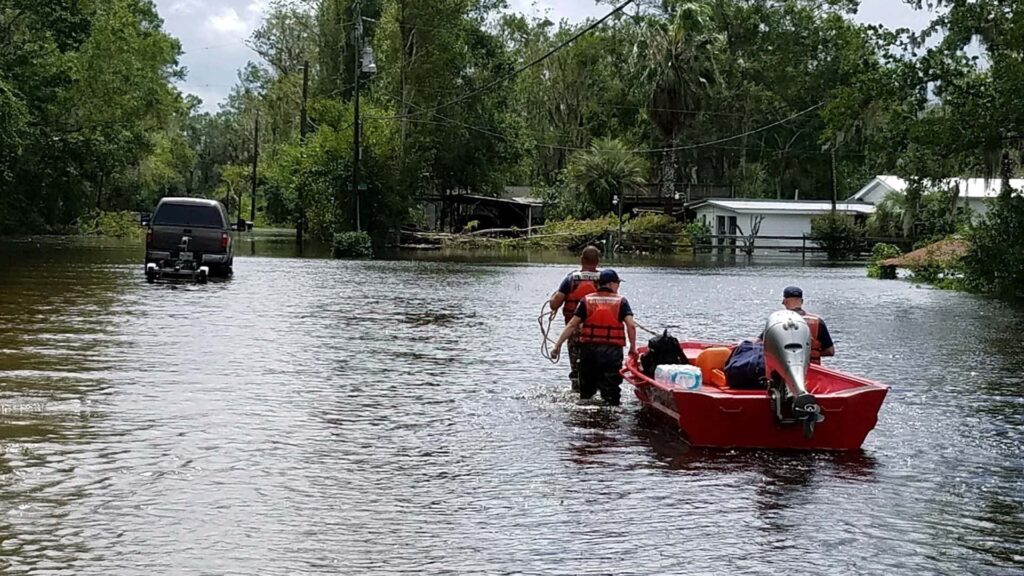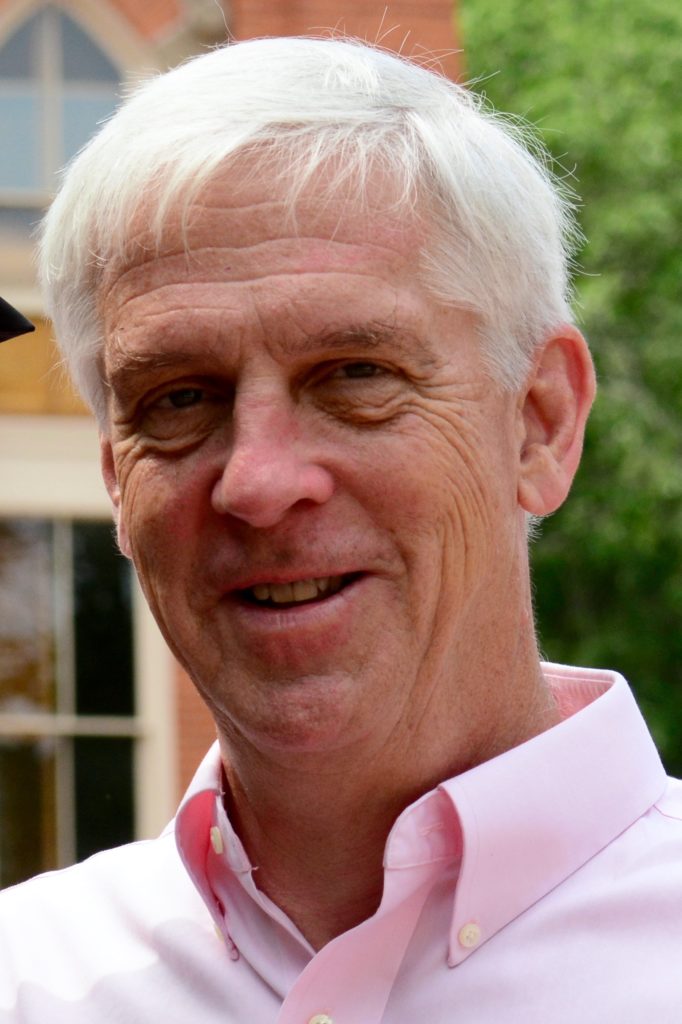By John Burr, Jacksonville Climate Coalition
Here’s a timely event you won’t want to miss: Highly regarded climate author Jeff Goodell will visit Jacksonville May 18 to discuss his illuminating book published last year, “The Heat Will Kill You First.“
His talk comes at a pivotal moment, as Floridians brace for another sweltering summer while anticipating rising seas and a forecast of a busy hurricane season — confirming our state’s status as a canary in the climate coal mine.
While Goodell’s latest book takes on the life-threatening consequences of extreme heat, his previous work, “The Water Will Come: Rising Seas, Sinking Cities, and the Remaking of the Civilized World,” examined a second climate crisis facing coastal regions like Florida — sea-level rise.

Fittingly, Goodell begins that book with a fictional account of a hurricane that floods out Miami in 2037 with a 20-foot storm surge.
While not as exposed to the sea as Miami, Northeast Florida has experience with flooding, most consistently in St. Augustine, and most notably from Tropical Storm Irma in 2017 which flooded Downtown Jacksonville and nearby neighborhoods.
Still, what we’ve experienced is just prelude to a much more challenging future.
Much of sea-level rise, which is happening around the world, is caused by the melting of massive ice sheets at the earth’s North and South poles. That melting is caused by warming temperatures, which are also warming the seas. All this warming has its roots in the burning of fossil fuels — oil, coal, natural gas.
Recent projections being used by the federal government have sea level rising by 10 to 12 inches by 2050 around Florida — as much as the water has risen from 1920 to 2020. In other words, water rise has accelerated.
Sea-level rise does not just happen out at the beach; water travels up the rivers and creeks that connect to the ocean. If the sea rises a foot at Jacksonville Beach, it will also rise a corresponding amount along the St. Johns River and its tributaries. Duval County has 1,000 miles of waterfront susceptible to sea-level rise.
To get an idea of what’s heading our way, we only need to look south to Miami and the Florida Keys, which grapple with high tide flooding regularly.

Jacksonville has much to learn from our sister cities, including Miami, Charleston and New Orleans, which have been more proactive in addressing flooding threats.
Jacksonville has not acted on this threat in a consequential way — yet. City leaders are far more engaged in plans to spend several hundreds of millions of dollars to replace an adequate football stadium than on protecting the city from flooding.
Problems seen to be 10 to 20 years away are acknowledged (or not) and nudged aside. Rising waters come on slowly, over decades, which stifles the urgency to act. Climate procrastination happens around the world.
A hard truth of climate change is that this slow-motion train wreck has given people space to put off for decades what’s required — a sustained move toward clean energy.
Now it’s 2024 and time for indecision has run out. The water will come and the heat will kill, it’s true. But we can still alter course to build a better outcome.
John Burr is the editor of the Jacksonville Climate Coalition newsletter. Jeff Goodell will speak at a free public event 2 p.m. May 18 at Jacksonville’s Main Public Library. To register for the event, please click here.
If you are interested in submitting an opinion piece to The Invading Sea, email Editor Nathan Crabbe at ncrabbe@fau.edu. Sign up for The Invading Sea newsletter by visiting here. To learn more about sea-level rise, watch the video below.



